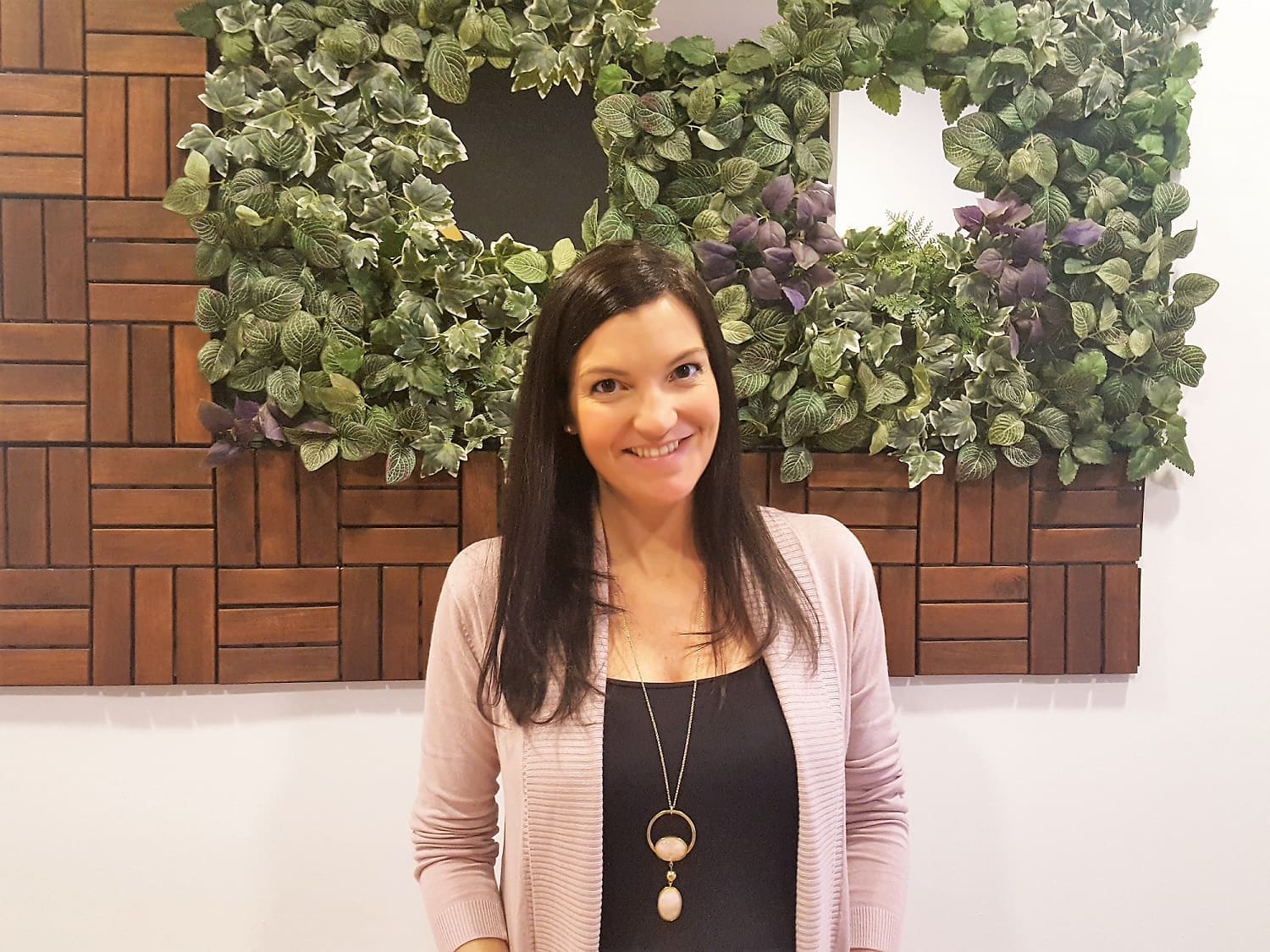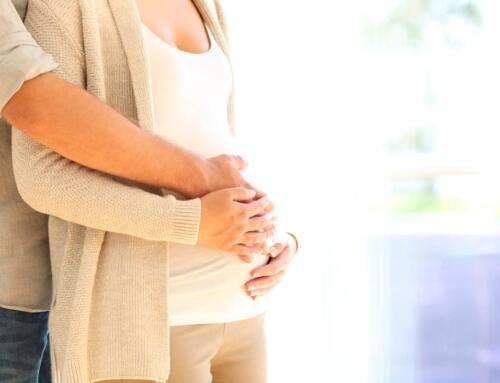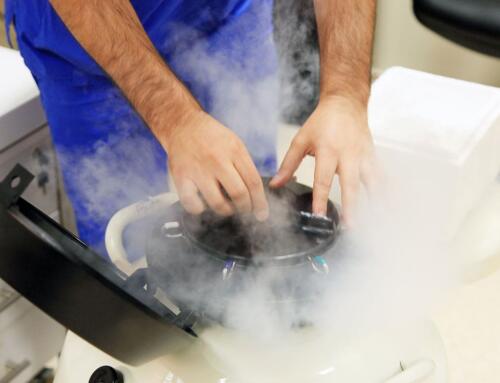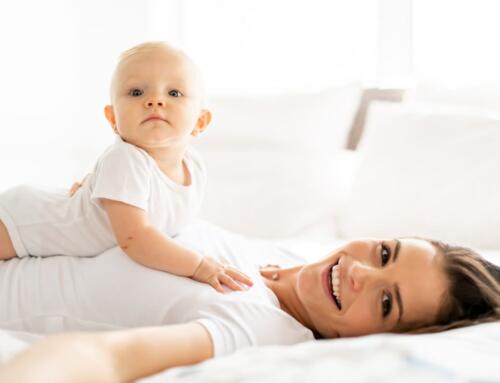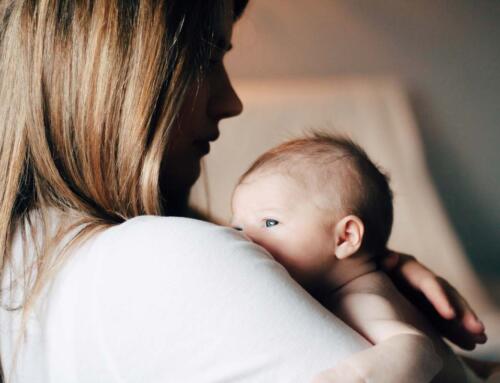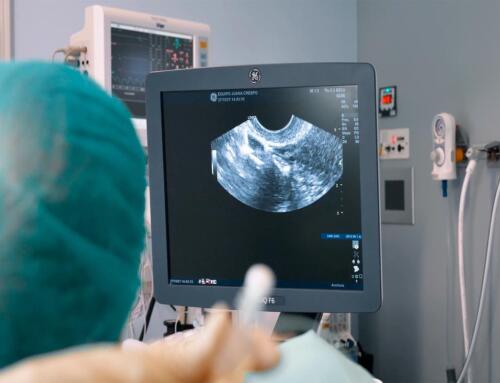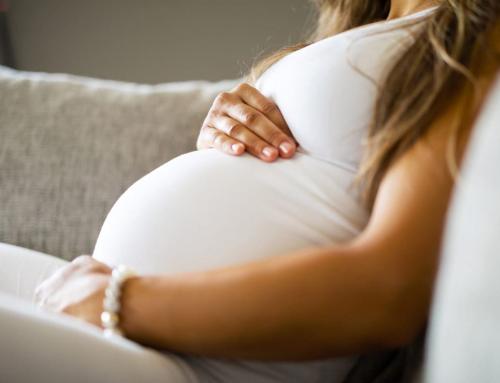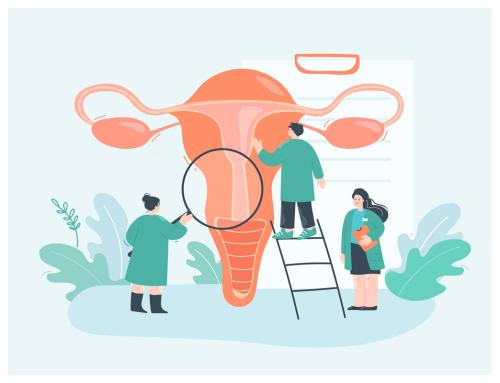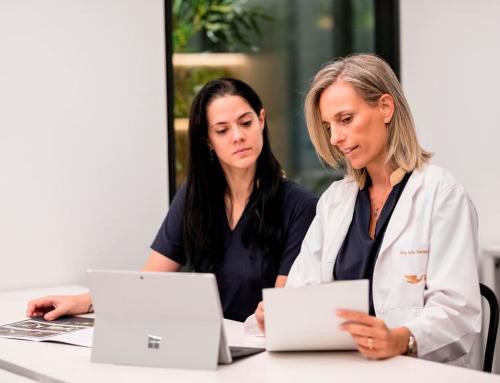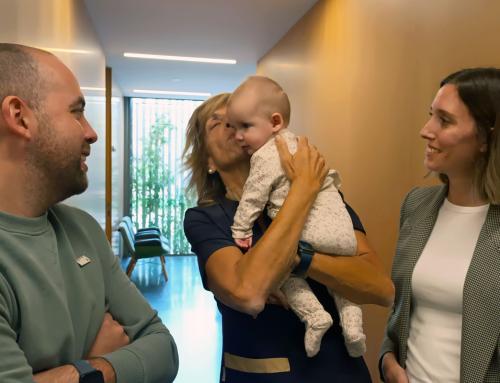Cristina was 26 and had been feeling some discomfort in the right ovary area for a few days. However, that night the pain was particularly acute. Neither she nor her mother knew what was causing it, but it was so intense that she couldn’t sleep. She was worried. She tried to describe the type of pain to her primary care physician. He concluded that it was a urinary tract infection. Something that a good antibiotic should take care of. If not, then it could be a gynaecological issue.
Little could Cristina have imagined in 2005 that this would be the beginning of a long story about a disease that has changed her life in a big way: endometriosis.
Endometriosis must be treated globally and chronically
“Delayed diagnosis of endometriosis is common in both public and private healthcare. Many women visit several different specialists who treat isolated problems in the bowel, bladder, or uterus. They feel neglected because there is no specialist to treat the disease of endometriosis comprehensively, and particular, chronically. While an endometriosis diagnosis takes time, the disease progresses to a greater or lesser extent,” Cristina says.
Therefore Cristina, together with a group of people suffering from endometriosis in Valencia, have decided to raise awareness of the disease by creating the Asociación de Afectadas de Endometriosis de Valencia (AAEV, the Association of Women Suffering from Endometriosis in Valencia). An association soon to be officially launched and that seeks to gain strength in numbers. The goal is to ensure that endometriosis is recognized, diagnosed, and treated as a speciality in itself with primary care.
In many cases, endometriosis causes fertility problems
Cristina is a born fighter, extremely positive, and feels fortunate to have only suffered with mild symptoms. The disease has allowed her to lead a normal life without excessive pain. She doesn’t feel that endometriosis has prevented her from developing fully physically and emotionally, which is the case for many of the girls she has met through the association. However, her medical history still raises eyebrows.
In 2005, when only 26, she lost her ovary and right fallopian tube due to huge endometriotic cysts. By 2011, the disease had advanced and was invading her remaining ovary. She again underwent surgery and managed to save only part of the ovary and therefore her reproductive function, although it was considerably diminished.
Years later, Cristina considered motherhood but again endometriosis, to that point paralysed by a contraceptives-based treatment, threatened and compromised her sought-after motherhood.
“After an initial cycle of assisted reproduction to observe Cristina’s response, we realised this was a highly complex case. The severe endometriosis was accompanied by a major adenomyosis in the posterior uterine wall, obstruction in her only tube, many adhesions and poor oocyte quality. An extremely difficult case,” Dr Juana Crespo states.
Her struggle with endometriosis to become a mother has taken over two years of fighting. Life’s setbacks in her immediate environment gave her no respite either. “This case has been both a challenge and a learning experience. We had to learn the inner workings of her endometriosis. On the one hand, understanding what her ovary needed and making it compatible with her emotional peak was the challenge and the key to success. Cristina achieved her blastocysts via a strategy of analogues and minimal stimulation,” Juana Crespo explains.
Eventually, on 25 September 2017, the beta (blood test to confirm pregnancy) was positive.
A project born from generosity
Today, at the time of this interview, Cristina is 6 months pregnant and has just had her pregnancy ultrasound. Everything is fine, so she can enjoy these months with some peace of mind. “I love applying my anti-stretch mark cream at night and touching each of the scars I have from three operations, as well as feeling the baby kicking me in the most sensitive parts of the laparotomies. I can now say I’ve come to terms with my history and my path in life.” But she doesn’t want to forget what she’s been through because it’s the best way to boost her self-esteem and to help other women.
Sitting on the other side of the table, I see an incredibly generous woman and a tenacious fighter, who took on endometriosis and won, a women’s disease that often leads to truly heart-breaking stories. She wants to give women a voice and offer protection through this new association. Furthermore, her future career is now focused on this fight. She has left the human resources field to train in assisted reproduction and de facto help women with fertility problems from endometriosis.
“Now, I really feel empowered and full of desire to be able to help other women. To guide them and tell them where to go, what steps to take, and provide support and advice. After this experience, I’ve rediscovered the part of me that fell in love with and studied psychology,” Cristina tells us.


